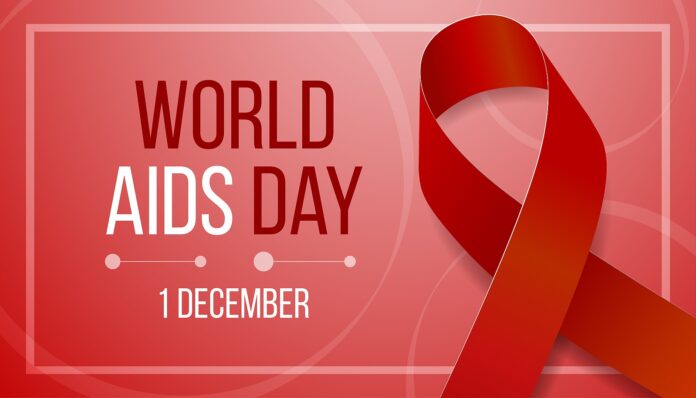Even today, the very mention of HIV and AIDS bring forth all kinds of reactions. There are some who express empathy, while others stay mum. There is another spectrum of people who raise eyebrows and speak about it in hushed tones. This is where the problem lies — the emotional and mental stigma that still persists around HIV/AIDS.
The world may have made significant progress, but division, disparity and disregard for human rights has exacerbated. Moreover, with Covid-19 taking over our lives, the inequalities have further widened.
The serious case of stigma and discrimination against AIDS fighters
HIV/AIDS stigma constitutes the negative attitudes and beliefs about people with HIV. It is the prejudice that comes with labelling an individual as a part of a group that is believed to be socially unacceptable.
There is a perception that only certain groups of people can get HIV, or making moral judgments about people who take steps to prevent HIV transmission. Some also believe that people deserve to get HIV because of their choices.
But what really is discrimination? While stigma refers to an attitude or belief, discrimination is the behaviour that results from those attitudes or beliefs.
How can this affect the mental and emotional well-being of HIV victims?
HIV stigma and discrimination affects the emotional well-being and mental health of people living with the condition. These people often internalise the stigma they experience and begin to develop a negative self-image. They may fear they will be discriminated against or judged negatively if their HIV status is revealed.
Internalised ‘stigma’ or ‘self-stigma’ happens when a person takes in the negative ideas and stereotypes about people living with HIV, and starts to apply them to themselves.
Internalised stigma can lead to some of the following feelings, which keep people from getting tested and treated for the condition:
- Shame
- Fear of disclosure
- Isolation
- Despair
Also, depression, impulsivity, substance abuse, intoxication, personality vulnerabilities are all associated with a risk of HIV infection, which causes AIDS
The most common mental disorders among HIV-infected patients are depression and depressive symptoms. Psychosis disorders may arise before or any time during the course of HIV infection.
The last word
Stigma and discrimination is rooted in the fear of HIV, and various misconceptions about how the illness is transmitted and what it means to live with it today.
The lack of information and awareness combined with outdated beliefs has led people to believe a lot about HIV that doesn’t even exist. Additionally, many people think of HIV as a disease that only certain groups get. This leads to negative value judgments about people living with HIV.
That’s why it is essential to consider the importance of mental health and HIV, before it is too late. At times, the stigma can cause feelings of self-harm in people, making them feel trapped or hopeless. If that’s the case, it is essential to seek the help of a healthcare specialist or a mental health practitioner.




